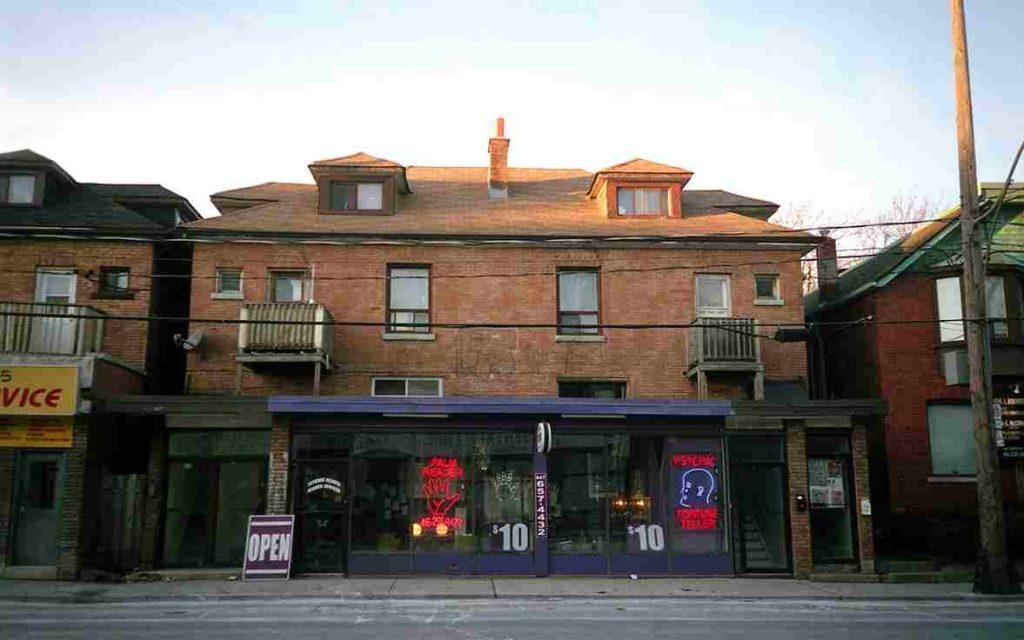In a financial environment that is increasingly becoming a severe challenge for property investors, some landlords may be wondering if this is not the right time to leave the rental market altogether.
High-interest rates, political unpredictability and an energy crisis that is causing distress all in parts of society and a looming recession are all tearing through the property market like a tornado through a cornfield.
What can you do to weather the storm and emerge on the other side with all your wits intact and finances standing tall and proud?
Table of Contents
Yield! We need more yield!
Maximizing yield from your investments is the key. If your margins are feeling the squeeze in one area, you need to focus on areas where the yield is greater. Do your homework. Currently, the potential rental yields from properties in London and the Southeast are lagging behind other areas further afield, like Scotland and the Northeast of England.
Also, turn your sights on alternative target clients. In many University cities, students are struggling to find suitable rental accommodation. Converting living rooms and lofts to bedrooms for multiple occupancies allows a considerable increase in monthly rents, and will provide a greater yield than renting to individuals or families.
Buying cheaper properties and raising your rent for new tenants will also increase your yield.
Buying at Auction
Auctions offer access to cheaper property opportunities. While these may require the additional expenditure in the form of renovation work, they obviously come with the benefit of cheaper mortgage payments. They will also give you the opportunity to invest in new areas where rental yields will be higher and to adapt the property for maximum return from the outside, such as conversion to multiple occupation dwellings.
In a cash-strapped world, holding a healthy portfolio with substantial equity waiting to be released, may just give you the financial clout to fend off the ever-hungry builders, and bag yourself some super bargains.

Consider a change of strategy
In high streets all across the country, commercial and retail properties are lying vacant, and in some places have done so for years. The death of high street businesses is not slowing down. In this arid economic desert, even long-established retailers are shutting up shop.
Recent changes to permitted development rights have made it much easier and hence attractive, to buy and convert these unwanted commercial premises into residential properties. In many cases, these premises comprised shops on the ground floor and maybe two or three floors of accommodation above.
Such properties give a sharp-eyed developer a wonderful opportunity to create a number of flats or apartments. It is also feasible that such developments could be made progressively, with the income from one flat financing the completion of another.
In addition, commercial property is generally valued much lower than residential property, so a value uplift is included in the package.
Paul Elliott, Managing Director of Propp, the specialist finance comparison site said “We’re seeing clients pick up disused commercial property on highstreets to convert the upper floors into multiple flats. This is a great way to manage cash flow and grow your portfolio.”
What do rising buy-to-let mortgage rates mean for the future rental market?
Yes, we all know that buy-to-let mortgage rates are on the up and up. And the rise in costs has to be absorbed by landlords, but the knock-on effects on the market do offer a golden opportunity.
As the shortage of available rental properties becomes more acute, rents will only be driven higher allowing landlords who stay in the market to increase their returns.
The higher rate environment prevents first-time buyers from getting a foot on the property ladder, allowing those markets as the majority simply can’t meet the affordability requirements, allowing those in a strong cash position to secure more properties. This will enable them to fill the supply vacuum and thus initiate more tenancies while potential rental yields are at a high.
A recession and high interest rates might just be the golden goose that landlords have been waiting for.

